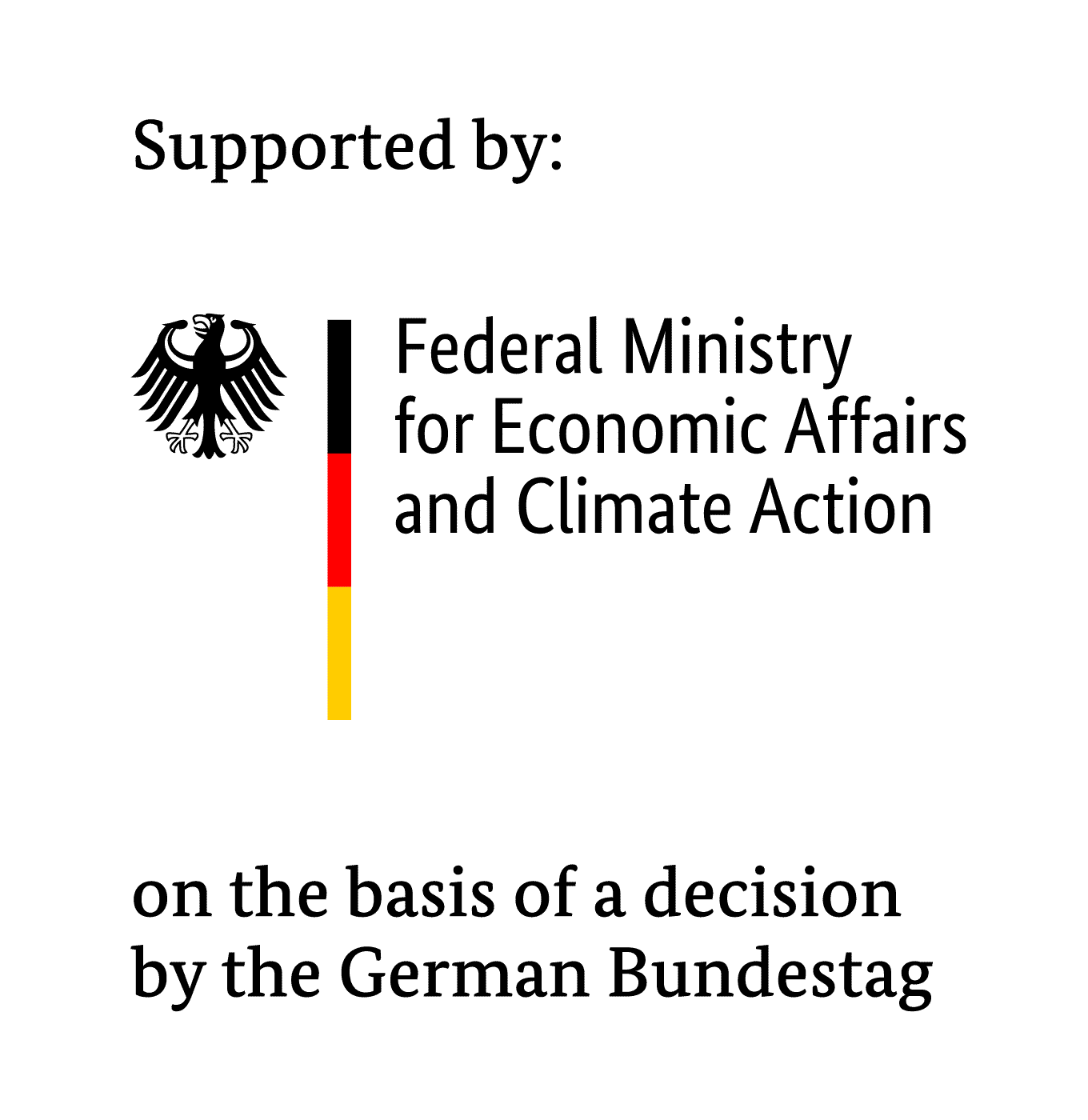Projectname:
Development of efficient forming and casting techniques for the production of innovative packaging materials made of renewable resources
Workgroup: Filling and packaging processes
Scientific Partners and Guidance:
IGF: 16578 BR
Financing: BMWi
Duration: 2012 – 2014
The packaging is one of the important steps in distribution of different produced goods. The goods are saved and labelled by a packaging and the distribution costs and the sustainability is influenced by the packaging materials and converting processes. The industry needs attractive packaging processes and a cost-saving use of recyclable materials. Deep drawing of paperboard might be such an attractive process. But limited material properties of paperboard and a low level of knowledge of the paper drawing process prevent yet a broad application of it in the paper converting industry. The development of a better drawable paperboard material and its use in a well researched drawing process meant to produce cost-saving, recyclable, and sustainable packaging’s. This problem area will be solved by a cooperation of three research institutes: Professur Verarbeitungsmaschinen/Verarbeitungstechnik der TU Dresden (TUD-VAT), Professur für Papiertech-nik der TU Dresden (TUD-PPT) und Papiertechnische Stiftung, Institut für Zellstoff und Papier Heidenau (PTS-IZP).
The project aims on the development of knowledge of the deep drawing process and 3D shaping of paperboard and the influence of paperboard material properties on it.
The research work is divided in three main steps to find out:
The most interesting application areas of 3D-shaped packaging products will be in the paper converting industry. Many food and small technical products are packaged in different folding paperboard or in plastic boxes now. Either the productions of folding boxes need several production steps like e. g. punching, embossing, folding, and gluing to get such a box or a 3D-shaped box must be formed by using of a plastic material which is not sustainable and limited recyclable. The economic benefit of paperboard deep drawing is the one step 3D-shaping process and a better yield of used recyclable and sustainable paperboard material.
The research project IGF 16578 BR is being funded by the Federal ministry for economy and technology (BMWi) within the framework of the IGF programme and is being performed together with the departments Verarbeitungsmaschinen/ Verarbeitungstechnik (VAT) and Papiertechnik (PPT) at technical university of Dresden.

The IGF project presented here by the Research Association of the Industrial Association for Food Technology and Packaging (IVLV e.V.) is funded by the Federal Ministry for Economic Affairs and Climate Action as part of the program for the promotion of industrial community research (IGF) based on a decision of the German Bundestag.